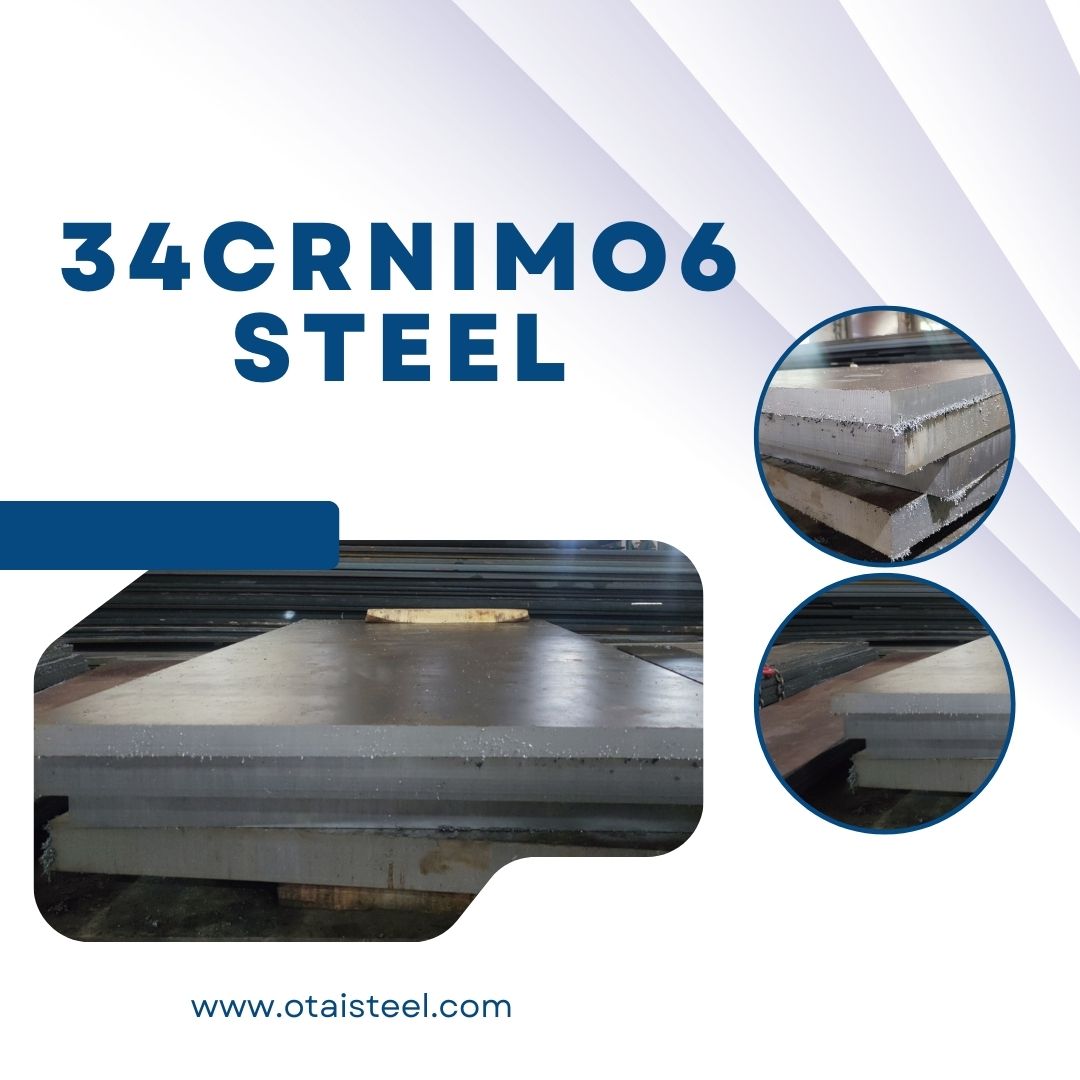 When it comes to materials used in various industries, few can match the versatility and durability of 34CrNiMo6. This steel alloy offers a unique combination of properties that make it a top choice for a wide range of applications. In this comprehensive guide, we’ll delve into the world of 34CrNiMo6, covering its properties, applications, heat treatment, and much more.
When it comes to materials used in various industries, few can match the versatility and durability of 34CrNiMo6. This steel alloy offers a unique combination of properties that make it a top choice for a wide range of applications. In this comprehensive guide, we’ll delve into the world of 34CrNiMo6, covering its properties, applications, heat treatment, and much more.
Understanding 34CrNiMo6 Composition and Properties
Composition: 34CrNiMo6 is a low-alloy steel with a specific chemical composition that gives it its exceptional properties. The name itself holds key information:
- “34” denotes the approximate carbon content.
- “Cr” represents chromium.
- “Ni” stands for nickel.
- “Mo” refers to molybdenum.
These alloying elements play a significant role in enhancing the material’s properties.
Key Properties: 34CrNiMo6 boasts a range of properties that make it highly desirable:
- Exceptional Hardness: With a hardness range of 250-300 HB (Brinell Hardness), 34CrNiMo6 is known for its ability to resist wear and abrasion.
- High Tensile Strength: It offers tensile strength in the range of 900-1100 MPa, ensuring it can withstand heavy loads and stress.
- Good Toughness: Despite its hardness, it maintains good toughness, important for applications where impact resistance is crucial.
- Excellent Fatigue Resistance: 34CrNiMo6 can endure cyclic loading without deformation, making it suitable for components subject to varying stresses.
Applications of 34CrNiMo6
The impressive properties of 34CrNiMo6 make it a go-to material for various industries. Some key applications include:
- Aerospace: Critical components in aircraft and spacecraft, such as landing gear and transmission shafts, demand materials with high hardness and strength to withstand extreme conditions.
- Automotive: The automotive industry uses 34CrNiMo6 for manufacturing components like gears, crankshafts, and axles, where hardness and durability are paramount.
- Machinery: hydraulic shafts, gears, and axles.
- Oil and Gas: In the oil and gas sector, where drilling equipment operates in harsh environments, 34CrNiMo6 ensures reliable performance and longevity.
- Marine Engineering: For marine applications, 34CrNiMo6’s resistance to corrosion and ability to endure the demanding conditions of the sea make it an ideal choice.
The Role of Heat Treatment in 34CrNiMo6
Heat treatment is a crucial process that further enhances the properties of 34CrNiMo6. By carefully controlling the heating and cooling cycles, the desired hardness and microstructure can be achieved. Some common heat treatment techniques include quenching, tempering, annealing, and normalizing. These processes help fine-tune the material’s properties to suit specific applications.
34CrNiMo6 is a remarkable steel alloy valued for its exceptional hardness, high tensile strength, toughness, and fatigue resistance. Its applications span across several industries, and the process of heat treatment plays a pivotal role in optimizing its properties. Whether in aerospace, automotive, machinery, oil and gas, or marine engineering, 34CrNiMo6 stands as a symbol of reliability and durability. (material 34crnimo6)
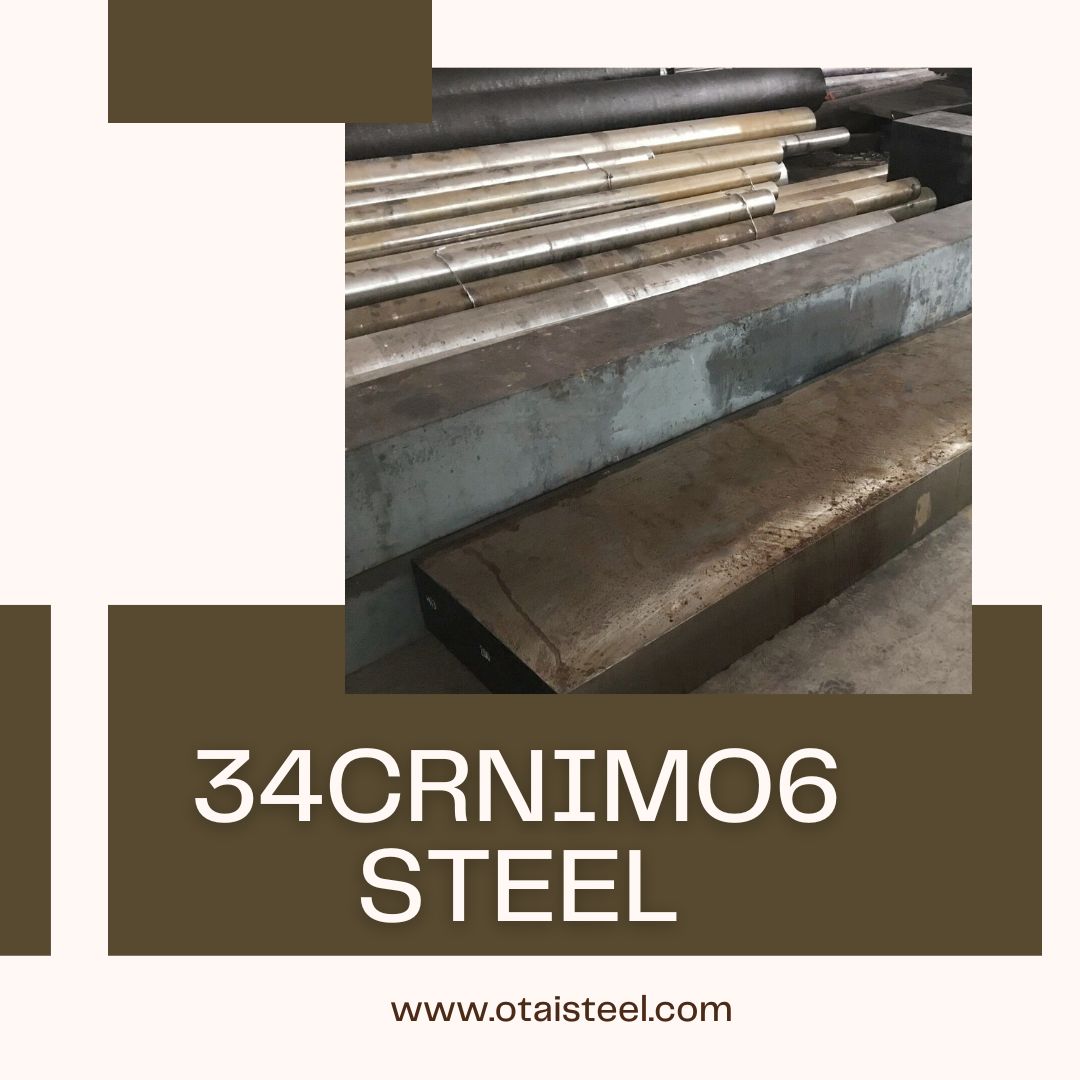 When it comes to selecting the right material for industrial applications, engineers and manufacturers look for a balance of strength, durability, and versatility. 34crnimo6 material, a chromium-nickel-molybdenum alloy, fits the bill perfectly. Let’s embark on a journey to uncover the many facets of this remarkable material.
When it comes to selecting the right material for industrial applications, engineers and manufacturers look for a balance of strength, durability, and versatility. 34crnimo6 material, a chromium-nickel-molybdenum alloy, fits the bill perfectly. Let’s embark on a journey to uncover the many facets of this remarkable material.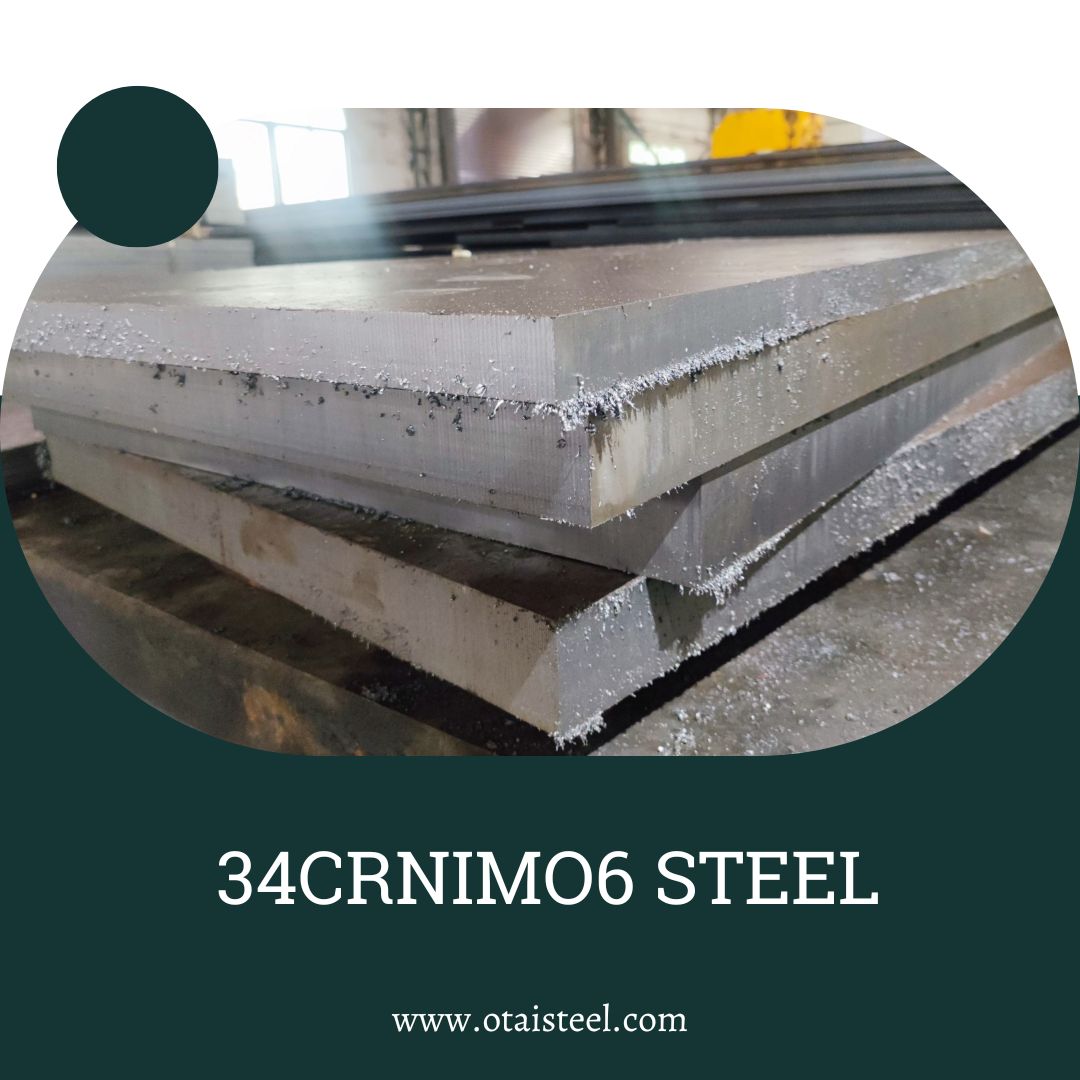 34CrNiMo6 steel is a popular choice in many applications, and understanding its mechanical properties is crucial for engineering and manufacturing. In this article, we’ll delve into the mechanical properties of 34CrNiMo6 steel, shedding light on its strength, toughness, and suitability for different applications.
34CrNiMo6 steel is a popular choice in many applications, and understanding its mechanical properties is crucial for engineering and manufacturing. In this article, we’ll delve into the mechanical properties of 34CrNiMo6 steel, shedding light on its strength, toughness, and suitability for different applications.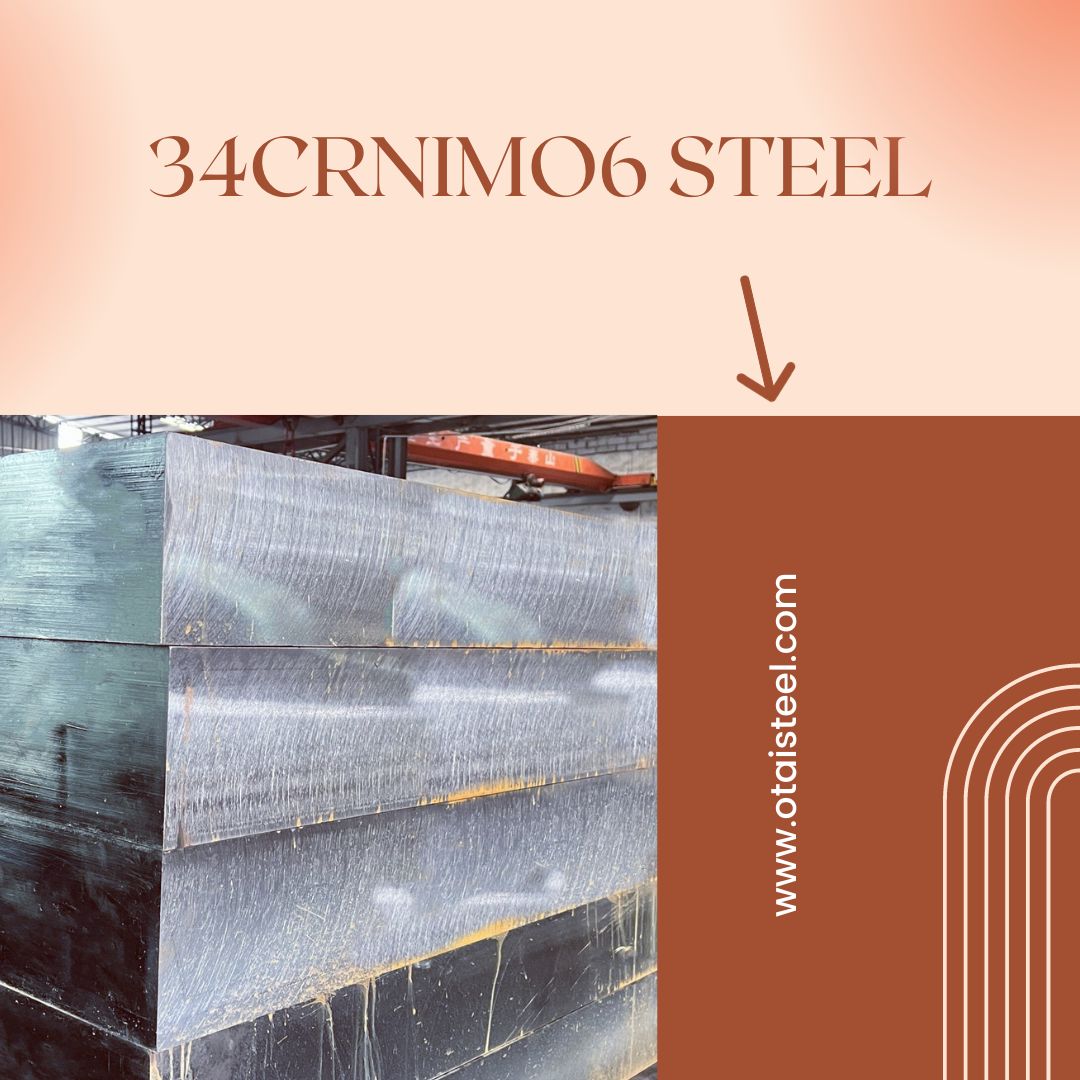 Steel is a versatile material used in various industrial applications. Among the wide array of steel types available, 36CrNiMo4 and 34CrNiMo6 are notable for their unique properties and applications. In this comparison, we will explore the differences and similarities between these two steel grades, shedding light on their composition, mechanical properties, and typical uses. (36crnimo4 vs 34crnimo6)
Steel is a versatile material used in various industrial applications. Among the wide array of steel types available, 36CrNiMo4 and 34CrNiMo6 are notable for their unique properties and applications. In this comparison, we will explore the differences and similarities between these two steel grades, shedding light on their composition, mechanical properties, and typical uses. (36crnimo4 vs 34crnimo6)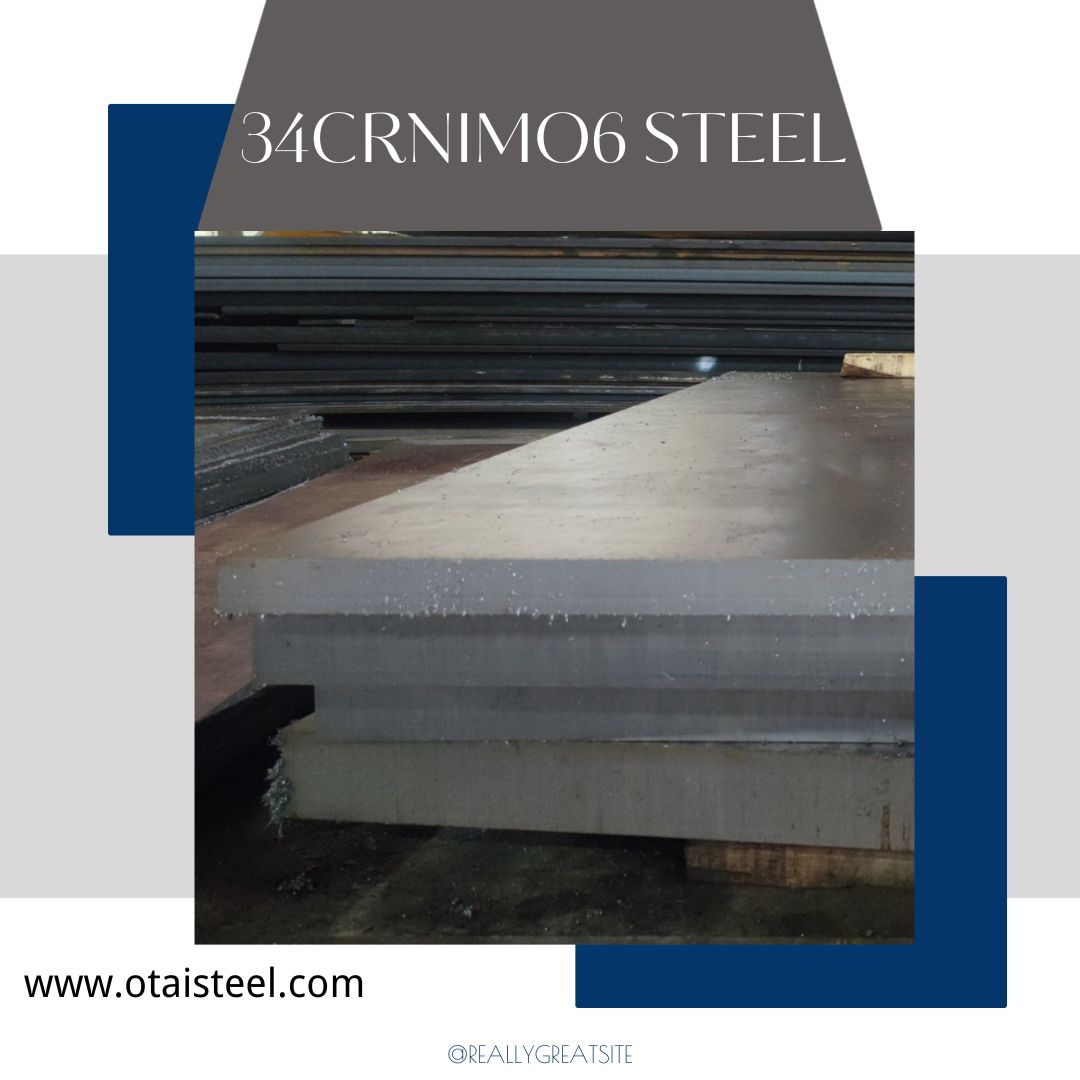 The chemical composition of 34CrNiMo6 plays a significant role in determining its mechanical properties, making it a versatile and sought-after alloy. Let’s break down the key elements:
The chemical composition of 34CrNiMo6 plays a significant role in determining its mechanical properties, making it a versatile and sought-after alloy. Let’s break down the key elements: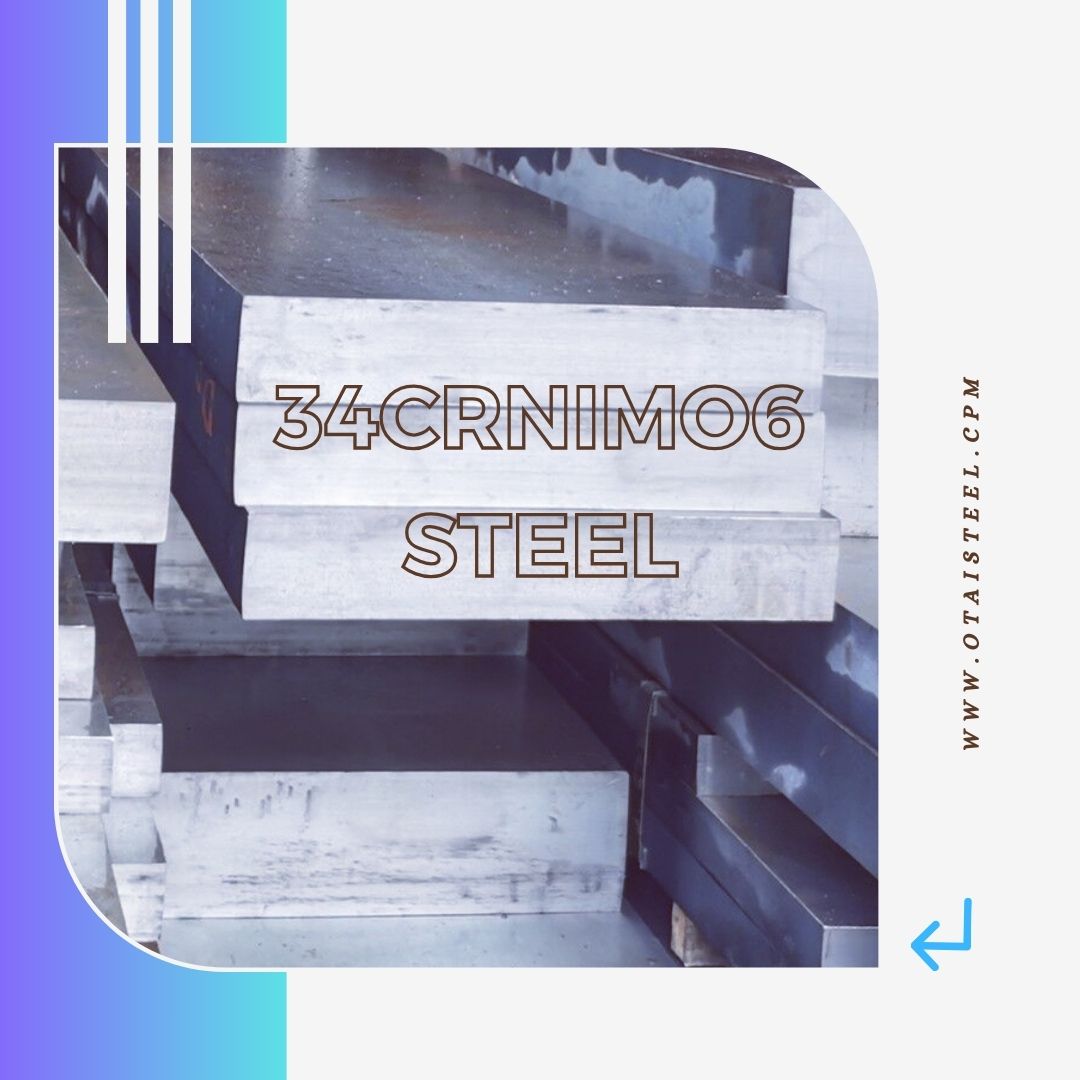 Before we discuss equivalents, let’s first understand what 34CrNiMo6 is. 34CrNiMo6 is a quenched and tempered, low-alloy steel known for its excellent mechanical properties. It contains elements like chromium (Cr), nickel (Ni), and molybdenum (Mo), making it a popular choice for various applications.
Before we discuss equivalents, let’s first understand what 34CrNiMo6 is. 34CrNiMo6 is a quenched and tempered, low-alloy steel known for its excellent mechanical properties. It contains elements like chromium (Cr), nickel (Ni), and molybdenum (Mo), making it a popular choice for various applications.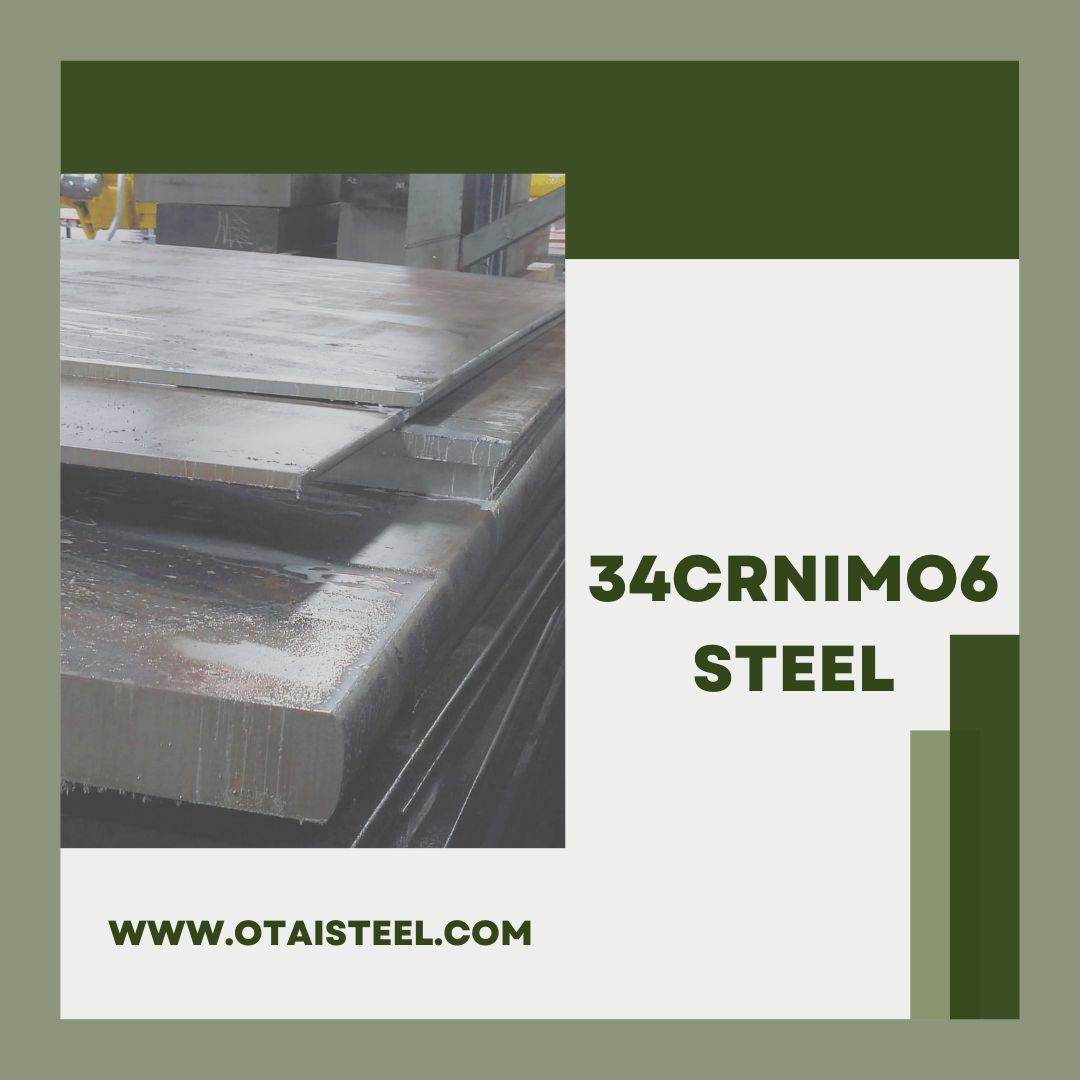 34CrNiMo6+QT is a high-strength, low-alloy steel known for its exceptional mechanical properties. The designation “34” signifies its average carbon content (0.34%), while “Cr” and “Ni” indicate the presence of chromium and nickel, respectively. “Mo” stands for molybdenum, which further enhances its strength, and “QT” refers to quenching and tempering, a crucial heat treatment process.
34CrNiMo6+QT is a high-strength, low-alloy steel known for its exceptional mechanical properties. The designation “34” signifies its average carbon content (0.34%), while “Cr” and “Ni” indicate the presence of chromium and nickel, respectively. “Mo” stands for molybdenum, which further enhances its strength, and “QT” refers to quenching and tempering, a crucial heat treatment process.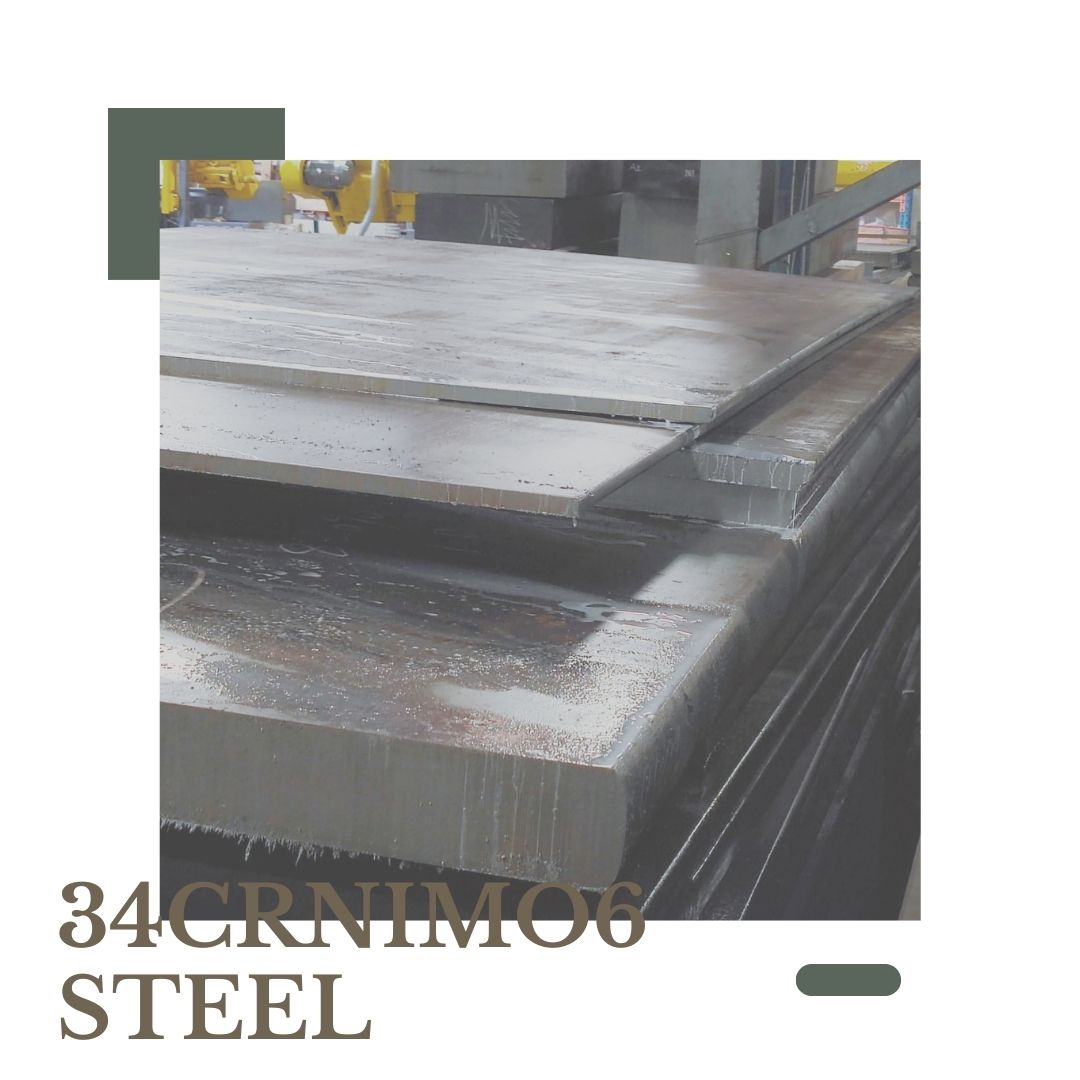 34CrNiMo6 steel, often known as “34CrNiMo6 QT steel,” is a remarkable high-strength alloy that finds applications in various industries. In this comprehensive guide, we’ll take a deep dive into this exceptional steel, exploring its composition, properties, applications, and why it’s a standout choice in the world of materials. (grade 34CrNiMo6 steel)
34CrNiMo6 steel, often known as “34CrNiMo6 QT steel,” is a remarkable high-strength alloy that finds applications in various industries. In this comprehensive guide, we’ll take a deep dive into this exceptional steel, exploring its composition, properties, applications, and why it’s a standout choice in the world of materials. (grade 34CrNiMo6 steel)